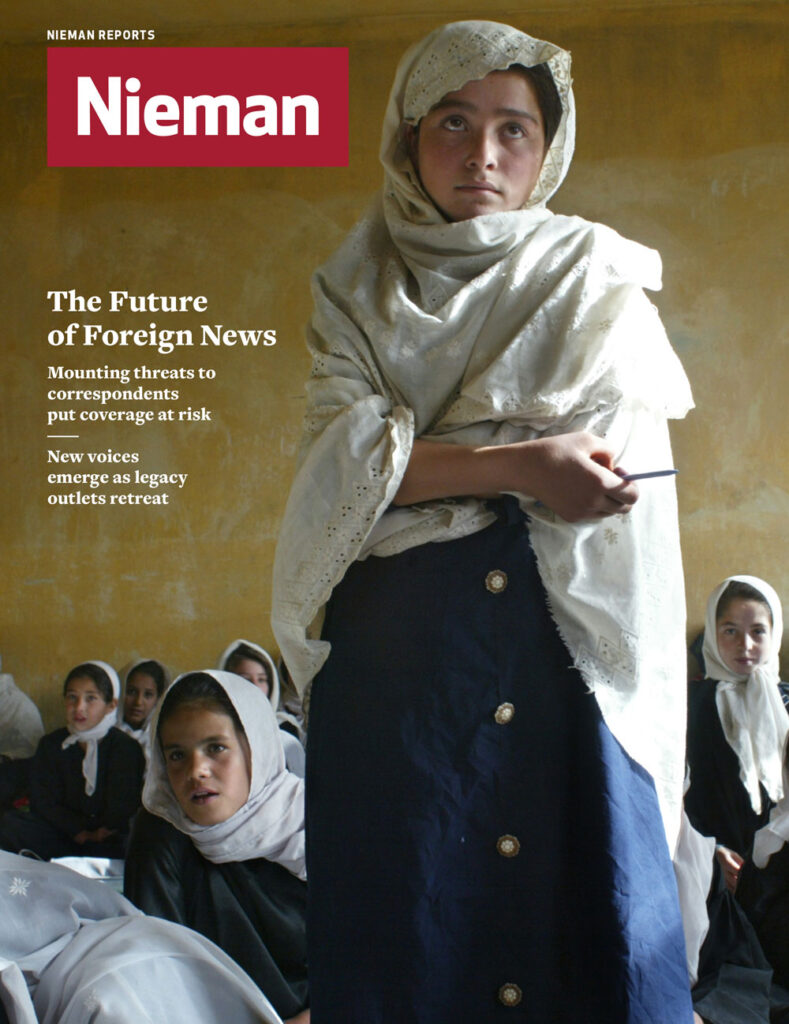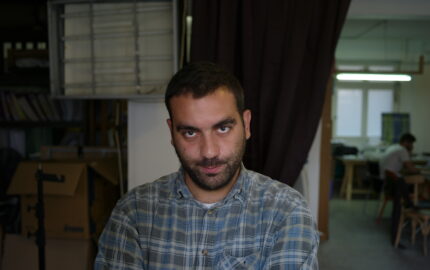Growing up, if my sister and I were reading, we didn’t have to do chores. So, we read all the time. We loved a good story.
My mother wanted us to read work by the poets. Gwendolyn Brooks was the first African-American poet to win the Pulitzer Prize and wrote eloquently about the Chicago community in which I came of age. Maya Angelou’s memoir “I Know Why the Caged Bird Sings” was the first book that made me cry. Langston Hughes made us consider “What happens to a dream deferred?”
Does it dry up
like a raisin in the sun?
Or fester like a sore—
And then run?
My father wanted my sister and me to read books by W.E.B. Du Bois, who believed that in order for blacks to be leaders and change the world, they needed a classical education; and, Carter G. Woodson, who believed that the purpose of an education was to make a living and later a life.
These writers and scholars taught me that writing could be poetic and message-oriented with a strong point of view. But it had to be well-researched and well-reasoned. And, you had to tell a good story.
In 2001, a few months before the September 11th terror attacks, my editor at the Chicago Tribune asked me to write a column. I wasn’t sure I had anything to say. But I decided to do it and I often chose hot-button topics that I believed columnists were supposed to write.
I examined those topics in a way that showed I had done my research well enough to argue my point to a pretty satisfying conclusion. What I wrote wasn’t bad. It just wasn’t me. I wasn’t fully realizing my own strengths, my own voice, as a writer and storyteller.
But in 2007, I wrote a two-part column about my childhood best friend, Debra, who was in the process of remaking herself. She was 42 years old and had just graduated from college. She had done so while in prison serving a 50-year sentence for murder. The column was about how she and I had started out in virtually the same place—as smart, self-possessed, 8-year-old adventurers. But during our teen years our paths diverged.
I had meant for the story to be about Debra’s transformation. But I later realized it was also about my own as a journalist. While rummaging around in my past, I found my voice.
I’ve lived in the Chicago area for much of my life, but I try to cover the city as though it’s a foreign land. I don’t often get stories from press releases. I get them from regular people who say things like: “Here’s someone I think you should meet, or some issue you should look into.”
Josephine Stout came to me that way. Her quest for citizenship was an odyssey that added a twist to the immigration debate. In 2010, I was interviewing a nun for a column on a food pantry when she happened to mention a “little old Irish lady” who sometimes visited the pantry and had lived a life filled with tragedy.
The nun told me that Mrs. Stout had been in this country for nearly nine decades but only recently had learned that she wasn’t a U.S. citizen. I wanted to meet her immediately but she had no telephone, no current address on record at the pantry and the organization helping her assemble documents for citizenship feared the press might hurt her case more than help it.
It took me two years, but Mrs. Stout finally agreed to meet with me. Her story ran on page one of the Tribune on Christmas Day 2012 and made international news. As I was reporting the story, immigration officials agreed to expedite Mrs. Stout’s application for citizenship. But she passed away on February 24, 2013, before the approval was finalized.
I am drawn to stories about people or issues that allow me to discover a new angle, or see a soft spot in an argument I once thought I’d reasoned all the way through.
Some of my favorite stories are about resilience, and how people overcome the unimaginable. I’m also curious about why folks head down certain paths. Sometimes it’s a path of their choosing; sometimes— not so much. But if they find themselves in the wrong place, I’m interested in how they manage their way back.
When my first novel was published in 1997, Maya Angelou gave me a book jacket blurb for it. I’ve always appreciated the last line, which read: “Dawn Turner Trice has told a complicated story, beautifully.”
I don’t know that I did so with that book. But it’s what I aspire to do every time someone gives me the opportunity to share their story.
My mother wanted us to read work by the poets. Gwendolyn Brooks was the first African-American poet to win the Pulitzer Prize and wrote eloquently about the Chicago community in which I came of age. Maya Angelou’s memoir “I Know Why the Caged Bird Sings” was the first book that made me cry. Langston Hughes made us consider “What happens to a dream deferred?”
Does it dry up
like a raisin in the sun?
Or fester like a sore—
And then run?
My father wanted my sister and me to read books by W.E.B. Du Bois, who believed that in order for blacks to be leaders and change the world, they needed a classical education; and, Carter G. Woodson, who believed that the purpose of an education was to make a living and later a life.
These writers and scholars taught me that writing could be poetic and message-oriented with a strong point of view. But it had to be well-researched and well-reasoned. And, you had to tell a good story.
In 2001, a few months before the September 11th terror attacks, my editor at the Chicago Tribune asked me to write a column. I wasn’t sure I had anything to say. But I decided to do it and I often chose hot-button topics that I believed columnists were supposed to write.
I examined those topics in a way that showed I had done my research well enough to argue my point to a pretty satisfying conclusion. What I wrote wasn’t bad. It just wasn’t me. I wasn’t fully realizing my own strengths, my own voice, as a writer and storyteller.
But in 2007, I wrote a two-part column about my childhood best friend, Debra, who was in the process of remaking herself. She was 42 years old and had just graduated from college. She had done so while in prison serving a 50-year sentence for murder. The column was about how she and I had started out in virtually the same place—as smart, self-possessed, 8-year-old adventurers. But during our teen years our paths diverged.
While rummaging around in my past to write about a childhood friend who was remaking herself after spending time in prison, I found my voice
I had meant for the story to be about Debra’s transformation. But I later realized it was also about my own as a journalist. While rummaging around in my past, I found my voice.
I’ve lived in the Chicago area for much of my life, but I try to cover the city as though it’s a foreign land. I don’t often get stories from press releases. I get them from regular people who say things like: “Here’s someone I think you should meet, or some issue you should look into.”
Josephine Stout came to me that way. Her quest for citizenship was an odyssey that added a twist to the immigration debate. In 2010, I was interviewing a nun for a column on a food pantry when she happened to mention a “little old Irish lady” who sometimes visited the pantry and had lived a life filled with tragedy.
The nun told me that Mrs. Stout had been in this country for nearly nine decades but only recently had learned that she wasn’t a U.S. citizen. I wanted to meet her immediately but she had no telephone, no current address on record at the pantry and the organization helping her assemble documents for citizenship feared the press might hurt her case more than help it.
It took me two years, but Mrs. Stout finally agreed to meet with me. Her story ran on page one of the Tribune on Christmas Day 2012 and made international news. As I was reporting the story, immigration officials agreed to expedite Mrs. Stout’s application for citizenship. But she passed away on February 24, 2013, before the approval was finalized.
I am drawn to stories about people or issues that allow me to discover a new angle, or see a soft spot in an argument I once thought I’d reasoned all the way through.
Some of my favorite stories are about resilience, and how people overcome the unimaginable. I’m also curious about why folks head down certain paths. Sometimes it’s a path of their choosing; sometimes— not so much. But if they find themselves in the wrong place, I’m interested in how they manage their way back.
When my first novel was published in 1997, Maya Angelou gave me a book jacket blurb for it. I’ve always appreciated the last line, which read: “Dawn Turner Trice has told a complicated story, beautifully.”
I don’t know that I did so with that book. But it’s what I aspire to do every time someone gives me the opportunity to share their story.



